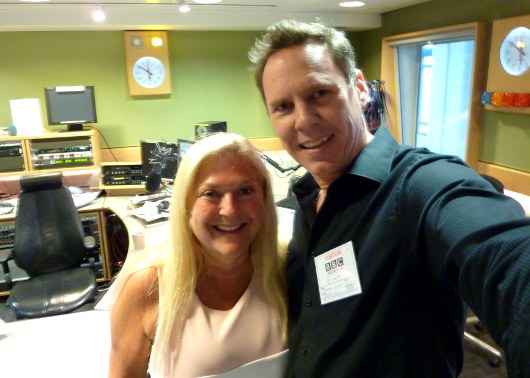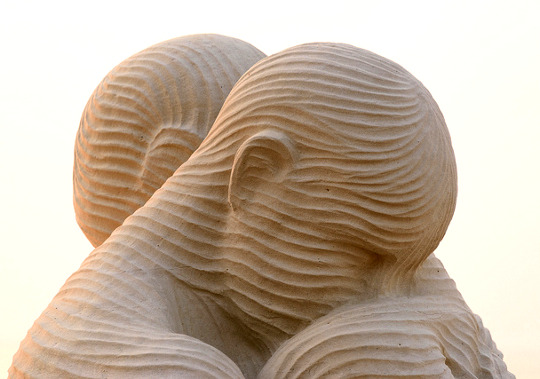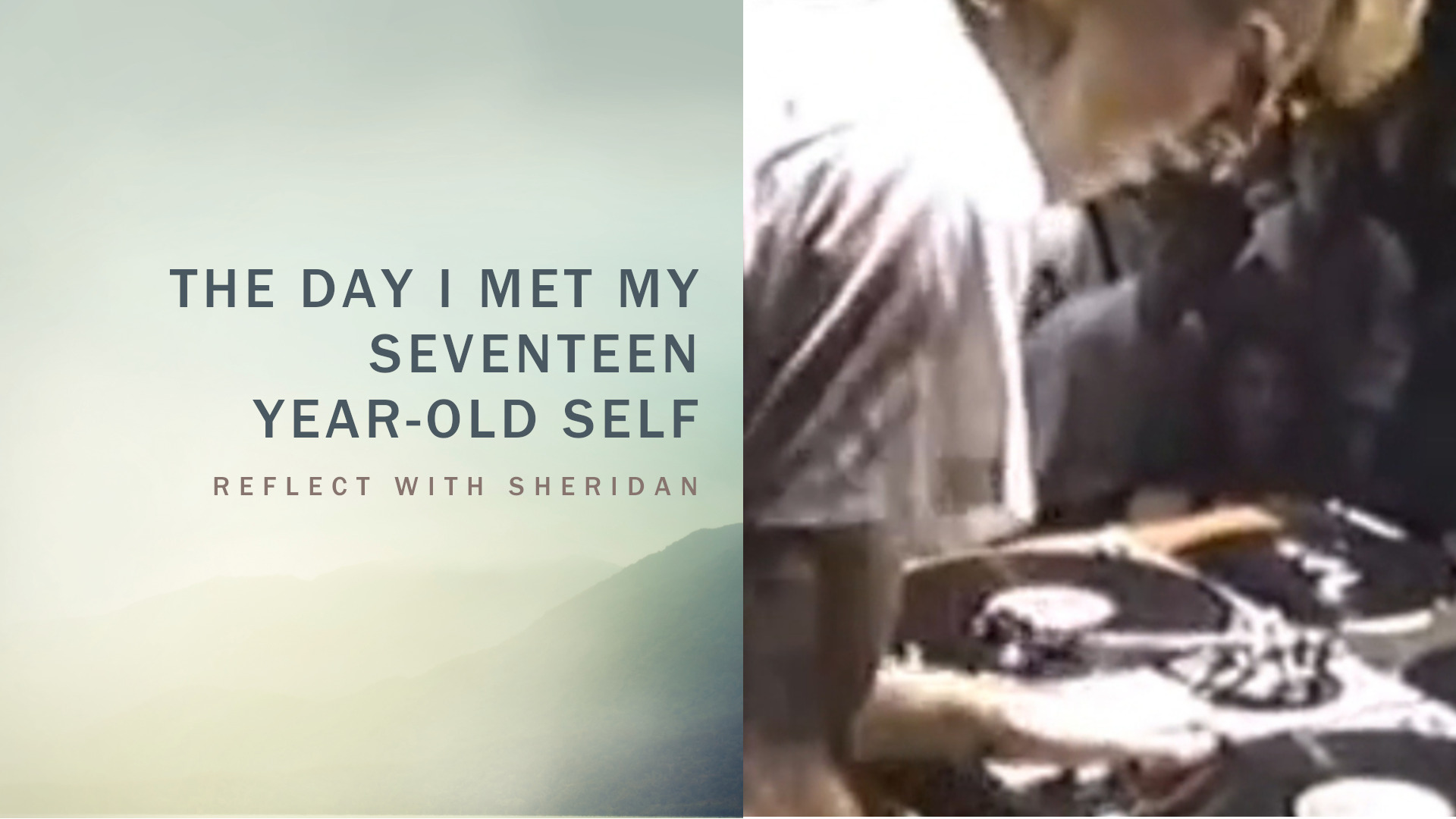A Christian Take on a Jewish Festival for Secular People
Picture credit
Atonement is a word we don’t use often but simply means to be ‘at-one’ with something. After atonement, whatever was dividing us has been removed, the grievance between us has been forgiven, our rift has been reconciled – whether between us and God, or each other. Atonement is a deeply religious word which holds promise for the ‘non-religious’ too. It was my topic on BBC Radio 2’s Pause for Thought segment this morning, with Vanessa Feltz.
Click To Listen
Podcast: Subscribe in iTunes | Right-click to download | Listen to Other Episodes
Pause for Thought September 29, 2014: Atonement
From sunset this Friday to sunset Saturday, Jews around the world will observe their holiest of days—Yom Kippur, the Day of Atonement. To be atoned means to be ‘at-one’—to be reconciled. Through confession, fasting and acts of charity, Jews will seek reconciliation with God. Through admitting guilt and asking forgiveness, they will seek reconciliation with each other.
Recently some more secular voices have suggested that Yom Kippur has value for all of us, Jewish or not, religious or not, by giving us an opportunity to forgive each other. I agree. But I think its value goes further.
For many of us, a moment comes in our lives when we realise we need Something More than our careers, relationships and achievements. We sense there’s a greater degree of life, love and wholeness for us to have, but it remains beyond our reach. We may search for it through a self-help book, a personal development course, or a visit to one of Glastonbury’s esoteric shops. Pilgrimage is undergoing a revival at the moment, as many walk miles to find this Something More.
Here’s my take, for what it’s worth—the Something More we’re searching for is God. Some see the Day of Atonement as an opportunity to be at-one with each other. Along with our Jewish friends, I see it as a reminder we can be at-one with God too—the source of all life, love and wholeness.
Jesus told a story about a son who went to his father and demanded his inheritance early—the equivalent of saying, ‘Drop dead—I want your money’. The son left home, money in pocket, squandered it on parties, found himself in poverty, realised he’d made a huge mistake, and soon longed to go home. The question was whether the door would still be open to him.
The son starts his pilgrimage back to his father, rehearsing his apology with every step. According to custom, the father should shun the boy, then publically berate him in order to restore his honour. But this son will experience something different. As the son nears the house he finds his father by the window, waiting anxiously for his return. And when the father catches a glimpse of his boy he opens wide the door, races towards him, and wraps his son in his arms.
Many of us long for Something More. Yom Kippur reminds us reconciliation is part of finding it. In Christian terms, the arms are already waiting outstretched, with scars on each wrist. All that’s waiting now is our return.
***
Subscription Links
Subscribe to More Than This and never miss an episode.
![]() Subscribe on your iPad or smartphone
Subscribe on your iPad or smartphone
Your Feedback
Want to respond to this podcast? Leave a comment now or call me using the ‘Send Voicemail’ button. Please also rate and share this podcast on iTunes to help others discover it. Thanks!

With BBC Radio 2 early morning presenter Vanessa Feltz





